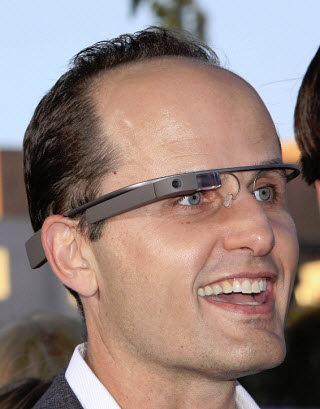This market is rapidly becoming very popular and adoption is increasing quite swiftly.
Data that has recently been released by YouGov has shown that in Great Britain, there is a rapid adoption of personal tech among consumers, and these gadgets include wearable technology.
One in ten people, says the data, will be using wearables as this category of the market takes off.
At the moment, YouGov reports that six percent of the population of Great Britain owns some kind of wearable technology device. This represents approximately 2.8 million people. The types of devices that fall within this category include activity trackers, fitness bands, and smartwatches. That said, while the numbers are already strikingly high when considering that this category is still practically within its infancy, the firm expects that those figures will double to 13 percent of the population, or 6.1 million people, before the close of next year.
The next spike in wearable technology adoption is expected when the Apple Watch goes up for sale.
 Apple’s entry into the wearables market is predicted to be a considerable driver for adoption rates, though the size of the impact won’t be seen until it actually happens at the start of next year. Ahead of that time, it will be the holiday shopping season that will make the biggest contribution to the figures.
Apple’s entry into the wearables market is predicted to be a considerable driver for adoption rates, though the size of the impact won’t be seen until it actually happens at the start of next year. Ahead of that time, it will be the holiday shopping season that will make the biggest contribution to the figures.
The figures from a survey conducted by YouGov show that by the end of this year, one in ten people, which means about 4.7 million individuals, will own some form of wearable technology device.
The challenge that developers and manufacturers will now be facing will be in attempting to encourage those who own the wearables to actually continue to using them. At the moment, the majority of the gadgets that have already been purchased are focused on fitness. However, 37 percent of the people who were surveyed said that they have it just so that they will be able to keep up with the latest in technology.
While this may look good in sales figures, it also shows that companies still have a certain distance to travel before wearable technology will have been worked into the typical lifestyle of the majority of consumers.

 It is a hot debate among psychiatrists whether internet addiction disorder is connected to conventional devices, such as personal computers and smartphones. Many researchers believe to this day that the effects of the disorder are only symptoms of other psychological problems. In fact, in the 2013 update to the Diagnostic and Statistical Manual of Mental Disorders, it was not included as a clinical diagnosis.
It is a hot debate among psychiatrists whether internet addiction disorder is connected to conventional devices, such as personal computers and smartphones. Many researchers believe to this day that the effects of the disorder are only symptoms of other psychological problems. In fact, in the 2013 update to the Diagnostic and Statistical Manual of Mental Disorders, it was not included as a clinical diagnosis.